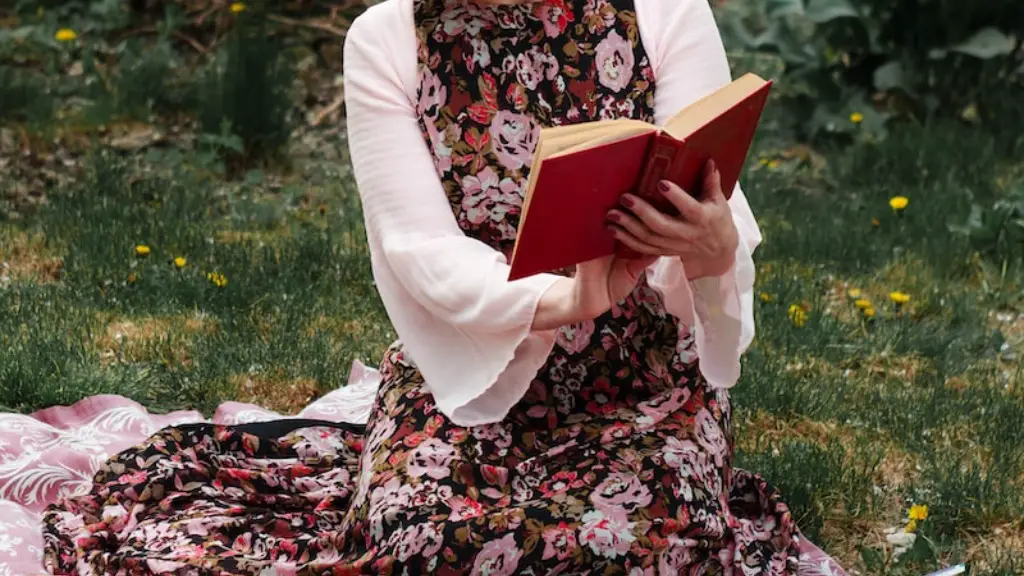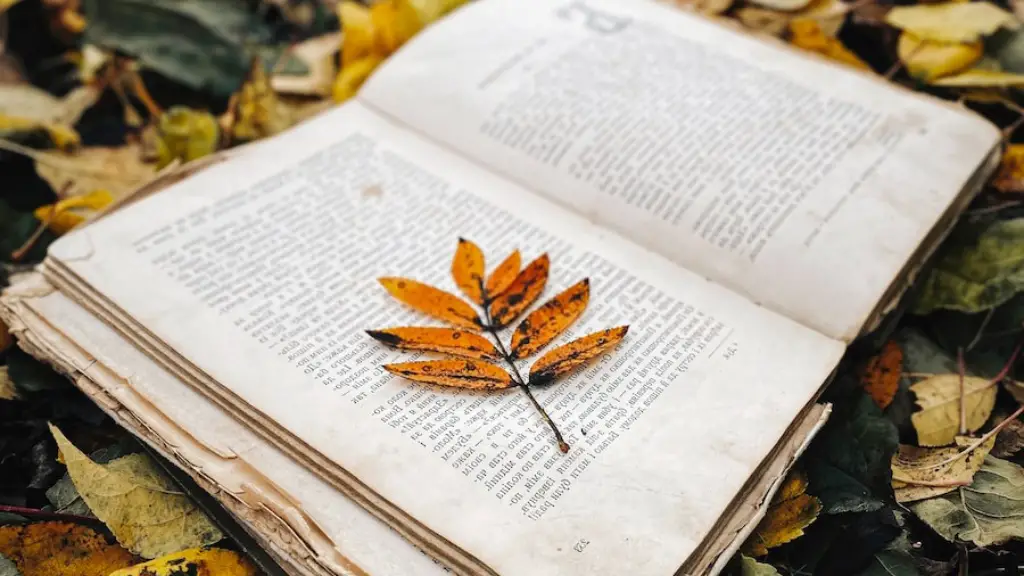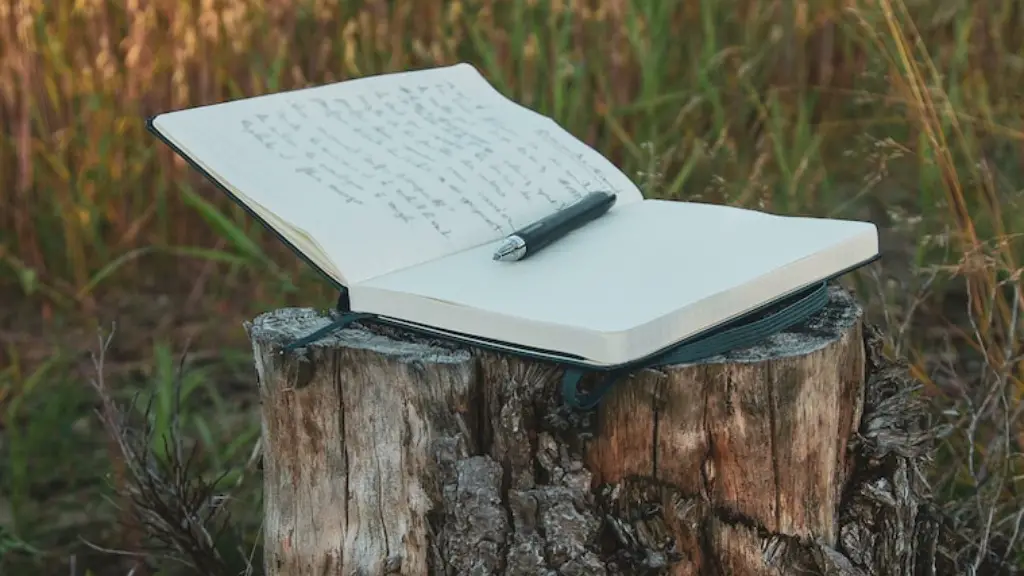What Is Poetry Book Writing?
Poetry book writing is an art form of writing which involves creating poems as a reflection of your thoughts, emotions, and ideas. It’s an individualized expression of what you decide to outline and share. When writing poetry books, a writer can create work that can range from a variety of forms such as free verse, rhyme, haiku and more. It’s an expressive way to share your story and connect with an audience on a deeper level.
Getting Started With Poetry Book Writing:
When starting to write poetry books, it’s best to begin by brainstorming ideas and creations that you’d like to explore. It’s important to use multiple methods to inspire your work such as music, images, talking to people, books, or activities that you enjoy. Your ideas can be broad or specific depending on the type of story you want to share. Remaining open and unafraid to try new ideas can be really beneficial in exploring the artistic process of writing poetry.
Organizing and Structuring Poems
To help organize the creation of your poetry book, it’s important to group poems together based on the ideas being explored or the concept behind them. Grouping your work not only assists in organizing the reader’s experience; it also helps to create a stronger understanding of your message. Additionally, form is an important component for providing structure for your work. Forms such as sonnets, villanelles, limericks, sestinas and haikus provide flexibility and structure for poets when creating their works depending on the type of story they are trying to tell.
Editing and Revising Poetry
A crucial component to the writing process is editing and revising. It’s important to spend time reading and re-reading your work so you can thoroughly analyze and determine if something can be improved or removed. Constructive feedback from other readers also proves to be beneficial in perfecting your work. Additionally, scheduling time to rest and reflect can be helpful in boosting creativity and allowing you to continue writing.
Creating A Unique Voice
When writing poetry books, it’s important to create a unique voice that speaks to the reader. As you revise, ask yourself if your voice feels genuine and if it accurately reflects the content. Providing visual elements such as similes and metaphors in your work can prove to be helpful in connecting emotionally with your reader. Moreover, establishing a consistent tone and pacing to your narrative will help to create an even more powerful connection between you and your audience.
Promoting and Publishing Poetry Books
When it comes to sharing your book with the public, it’s important to secure legal protection for your work, such as trademarks and copyrights, to protect against plagiarism. As far as publicity and publishing work, online websites can be a great resource in sharing and marketing your work. Additionally, retooling writing resources such as publications, speaking engagements, and poetry readings gives poets the opportunity to make a name for themselves and create a more lasting impact with their work.
The Art of Poetry: Analyzing and Interpreting Poetry
Analyzing and interpreting poetry is an important practice for poets to consider. Developing the skills to interpret different forms of poetry is important because interpretative abilities are what makes an individual’s writing stand out from the crowd. Analyzing and reflecting on various aspects of a poem (such as its form, subject matter, structure, imagery, and figurative language, among others) gives poets a better understanding and appreciation for their own writing and the writing of others.
Inspiring Creativity Through Poetry Writing
The great thing about writing poetry books is that it creates a space to explore creative possibilities. Writing poetry can be a source of self-expression, as well as a way to record and commemorate special moments. Additionally, for those who desire to enter a career in the literary arts, developing an artistic portfolio that showcases your work is an effective way to make connections and gain recognition.
Using Poetry to Connect and Communicate
Ultimately, poetry can be used as a bridge to build connections and communicate more effectively with others. Through artful expression, and the unique combination of words and emotions, readers can develop an understanding of each other’s perspectives as a way to create more meaningful connections. Sharing your work can create a sense of understanding, acceptance, and appreciation between individuals and communities.
Developing the Narrative Through Imagery
The combination of imagery and poetic form lends itself to building a plot for a poem. Imagery is integral when it comes to creating an emotionally captivating narrative. Capturing the the reader’s attention with vivid language and descriptions helps to create a connection between story and audience. Crafting an imaginative narrative with creative language can bring stories to life in powerful and meaningful ways.
Creating Character and Perspective Through Poetry Writing
Establishing characters and perspectives are essential in the formation of a complete poem. Bringing characters to life through their own unique vocal characteristics, backstory, and unique goals helps to create a dynamic plot that can be explored and developed. Additionally, it’s important to consider aspects like perspective and point of view when developing characters, as it can add a layer of complexity to a poem and make it more engaging.
Exploring Memory Through Poetry Books
Memories are often represented in poetry and a poem can be more than just a collection of words. When incorporating elements of nostalgia in your writing, you can better connect with a readership and create a vivid recollection of a moment. It may be helpful to use the physical sense of memory by using tactile images to bring your poem to life. Exploring the different ways in which memories can be expressed through poetry gives writers the opportunity to connect with readers on a deeper level.



